WEA Celebrates World Water Day with Together for H2OPE!
Happy World Water Day! Today, we celebrate all the amazing work grassroots change-makers around the world are bringing forth to ensure more women, more children, more families and more communities have access to clean water and healthy water systems. We couldn’t think of a better way of doing this than by uplifting the incredible efforts of the Together for H2OPE Project and its partners in Assam, India!
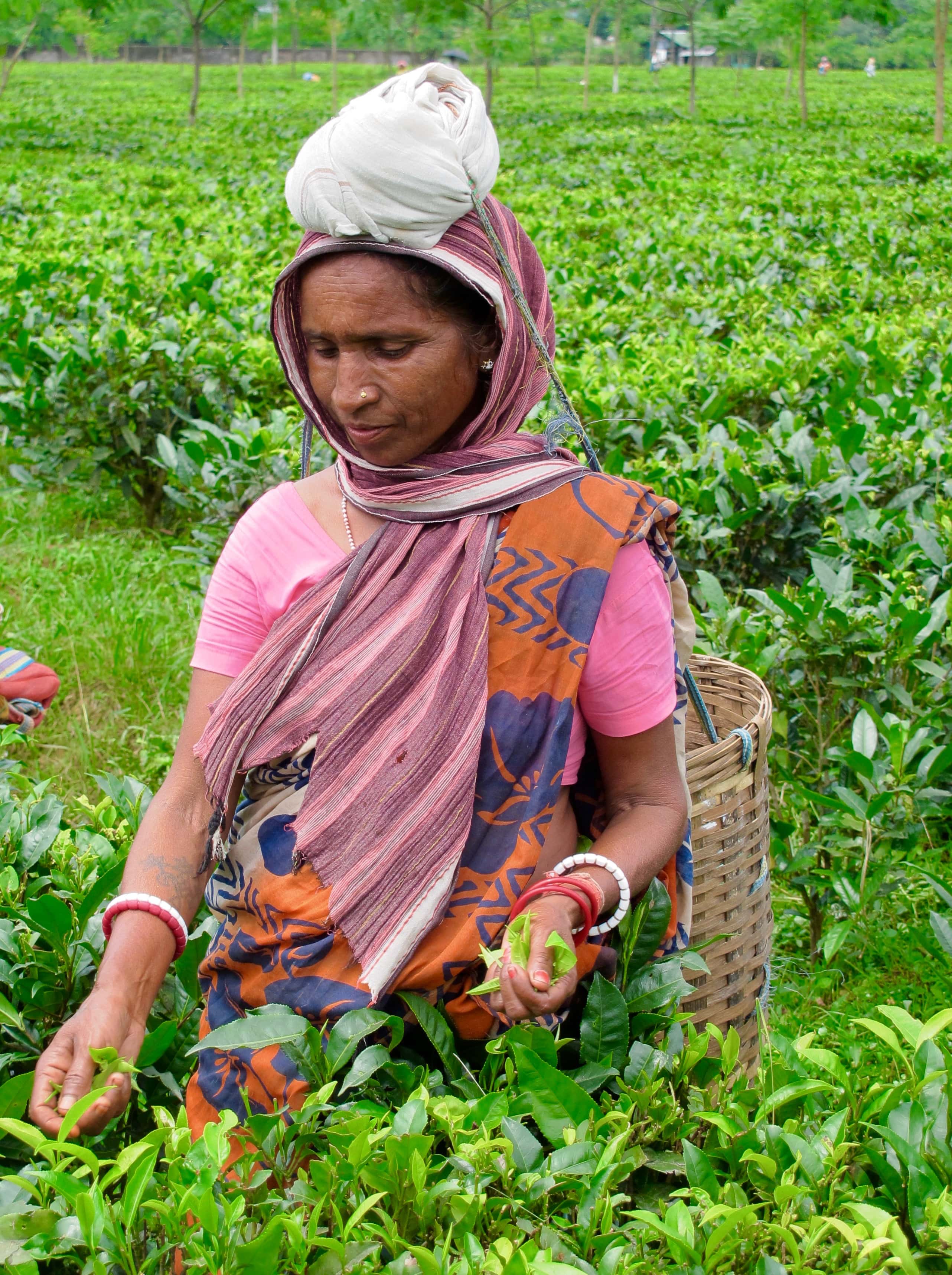
Together For H20PE
In the Spring of 2016, WEA partnered with Numi Organic Tea and the Numi Foundation on Together for H2OPE, a project committed to ensuring clean water to all 6,500 residents of the Tonganagaon tea community in Assam State, Northern India. Along with the Chamong Tea Company, which manages Tonganagaon’s tea leaf production, and local NGO partners Purva Bharati Educational Trust (PBET) and Social Action for Appropriate Transformation and Advancement in Rural Areas (SATRA), this project is supporting Tonganagaon in implementing a multifaceted and comprehensive water system that will ensure clean and healthy water in their community for generations to come.
Assam state is famous for being one of the world’s largest producers of high quality black tea, and the Tonganagaon tea community is also Numi’s largest supplier of organic, Fair Trade black tea. However, the region is one of the poorest in terms of access to clean water; fewer than 1 in 15 households have access to tap water. The Numi Foundation has committed to ensuring that all of Numi Tea’s source communities have access to clean water, and reached out to WEA to collaborate on a comprehensive approach to ensure safe water access to all 12 villages of the Tonganagaon tea garden.
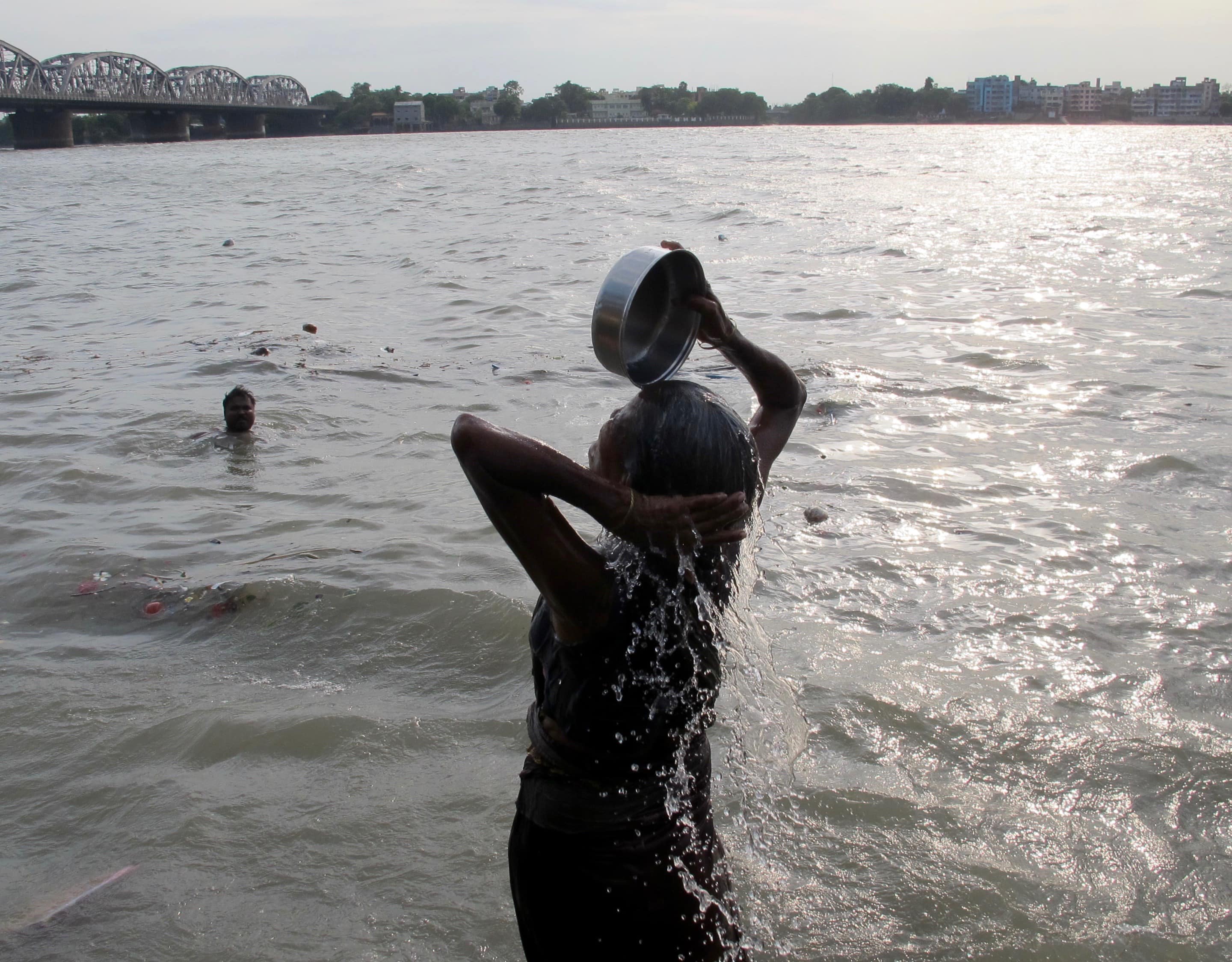
Why Water and Women?
It’s no secret that access to clean water is crucial to eradicating extreme poverty; when the UN introduced the Sustainable Development Goals in 2015, they included a goal to ensure that everyone has access to safe water by 2030. Water is an essential building block of life; a community whose water sources put them at risk for illness face barriers of mobility. Water is often the first step toward ensuring a communities livelihood.
Furthermore, challenges to accessing safe water disproportionately affect women and girls, particularly in rural communities. It is most often women who collect water for households, risking their safety and health by traveling for hours a day to and from a water source. Water is a WEA issue because access to natural resources, education, and health are all women’s issue. When women thrive, communities thrive.
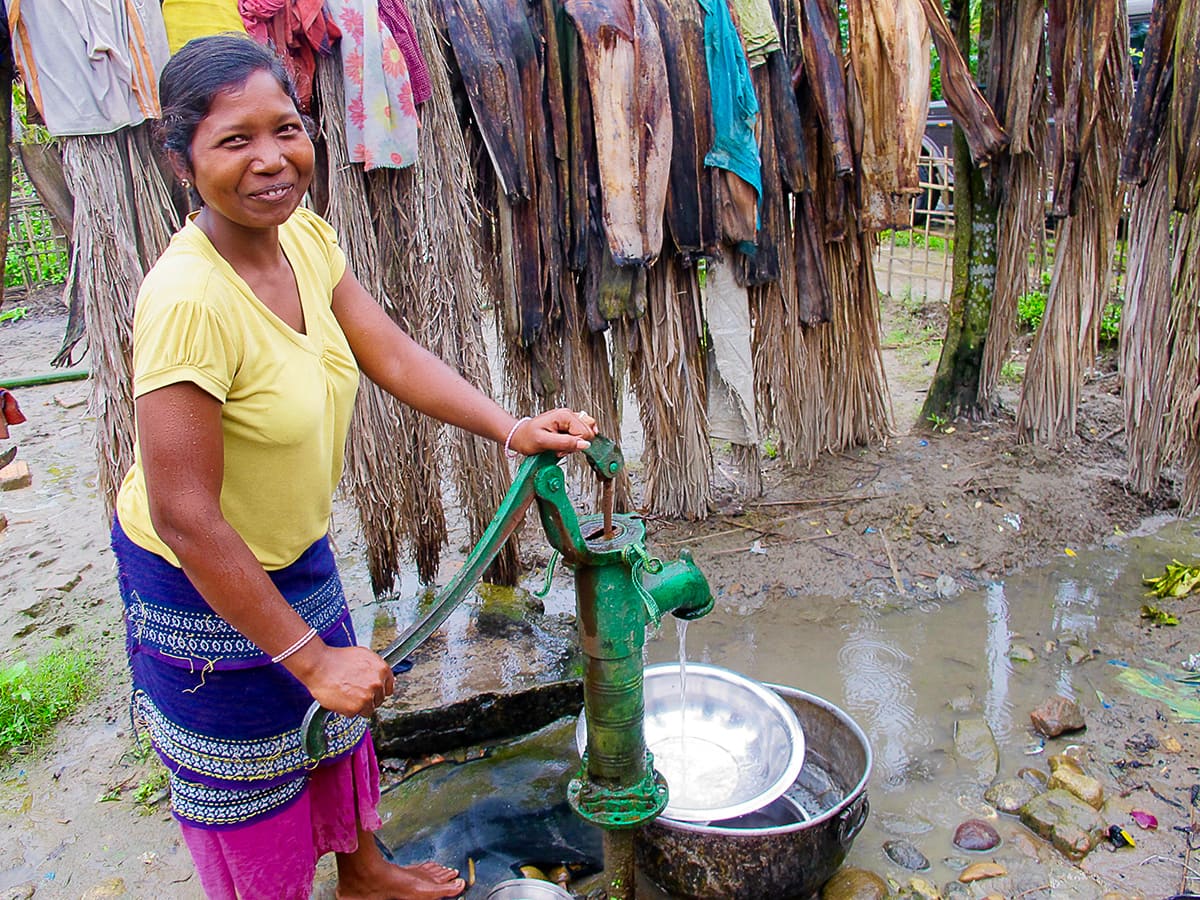
WASH and the Importance of Grassroots Implementation
Ensuring a community has access to clean water is often more complex than providing a well. Public health workers use the term WASH to refer to the interconnected variables of water, sanitation, and hygiene. These are the measurable pillars that make up a healthy water system. If latrines aren’t up to date or well-placed, a monsoon could contaminate an otherwise safe water source; if clean water is stored improperly, contamination can make that water unsafe. No one principle of WASH is effective if all three aren’t implemented.
The goals of Together for H2OPE are in-step with a comprehensive WASH program:
- Improve Infrastructure. Reduce contamination of the 900 existing wells by ensuring proper drainage and upgrading hand pumps and other hardware.
- Ensure Treatment. Help the community learn how to boil and filter water to minimize bacterial contamination and iron, especially during the monsoon season.
- Safe Storage. Support community members to safely handle and transport water once it is treated so it does not become re-contaminated.
- Upgrade Latrines. Provide guidance to Chamong Tea Company, who will be improving existing latrines and constructing 900 new facilities over the next 3 years.
- Engage the Community. Implement a training program that supports the community’s adoption of good practices in water management, sanitation, and hygiene.
The residents of the Tonganagaon tea garden will have safe water systems for generations to come. A safe water system is not just built by the engineers who are updating and adding safe and strong wells, but by members of the community who are deeply involved in and vital to their own transformation.
Water is a WEA issue because effective water solutions are never a top-down operation. Water solutions live within communities and the grassroots leaders like Bondita Acharya, Director of PBET, who explains that, “PBET’s role is to bring women into the core of the discussion on safe drinking water. Women spend most of their time, especially in the rural areas, tea gardens and hilly regions, fetching water from far flung areas. But when it comes to decisions on managing water they are sidelined. Access to safe drinking water is a basic right of every citizen, and is directly linked with reproductive health rights. However, it is not possible to access it if it is not integrated with sanitation and hygiene.”
As part of this integrated approach to ensure a sustainable impact for generations, in Tonganagaon, key members from each of the 12 villages will become WASH leaders and practitioners themselves. They will be trained to become trainers, holding demonstrations to educate their neighbors in healthy hygiene and sanitation practices.
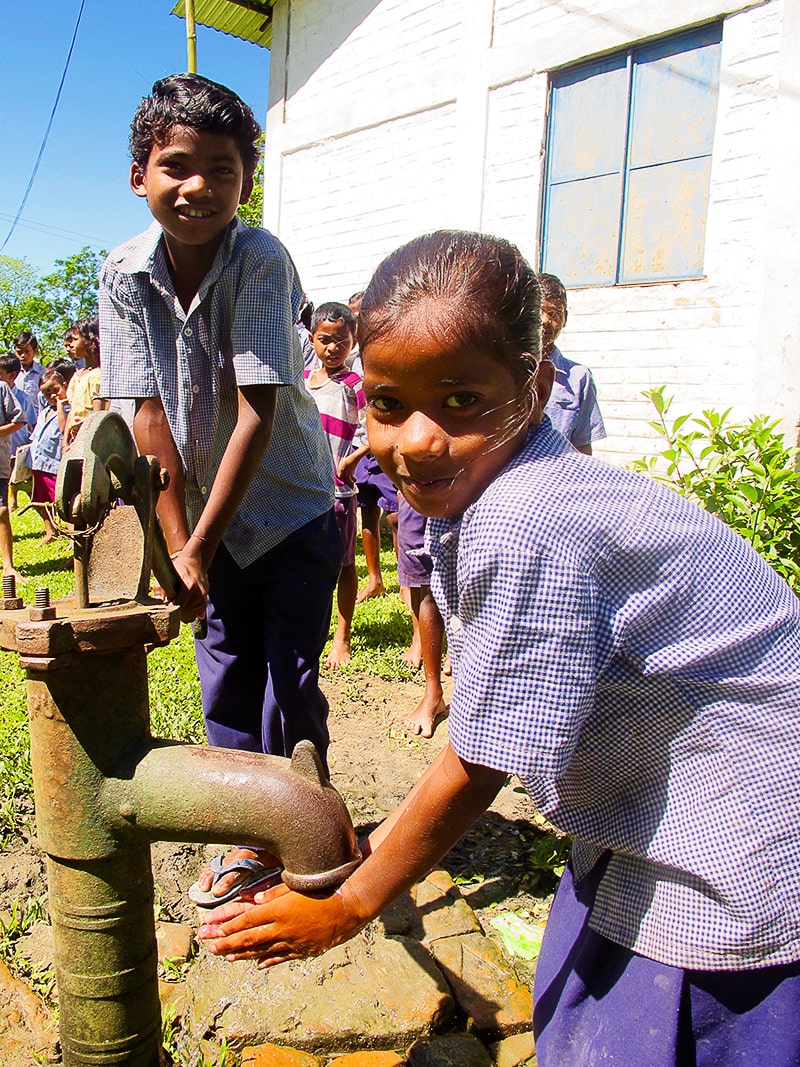
A Unique and Effective Partnership
The partnerships of Together for H2OPE are in-step with what makes the WEA model so effective while remaining adaptable and light-framed. By connecting with mission-aligned partners like Numi Foundation, and woman-run local NGO’s like PBET, the project is ensuring that solutions are in reach of the visionary community leaders invested in their lasting application. This is how WEA and our partners support communities to thrive on their own terms and in ways that will have lasting effects.
This unique collaboration leverages local leadership to ensure relevance, while providing access to the globally recognized best practices and needed resources. We believe it’s a model that will maximize impact and sustainability, ensuring the farming community enjoys access to clean, safe drinking water for generations to come. — Darian Rodriguez Heyman, Executive Director of the Numi Foundation
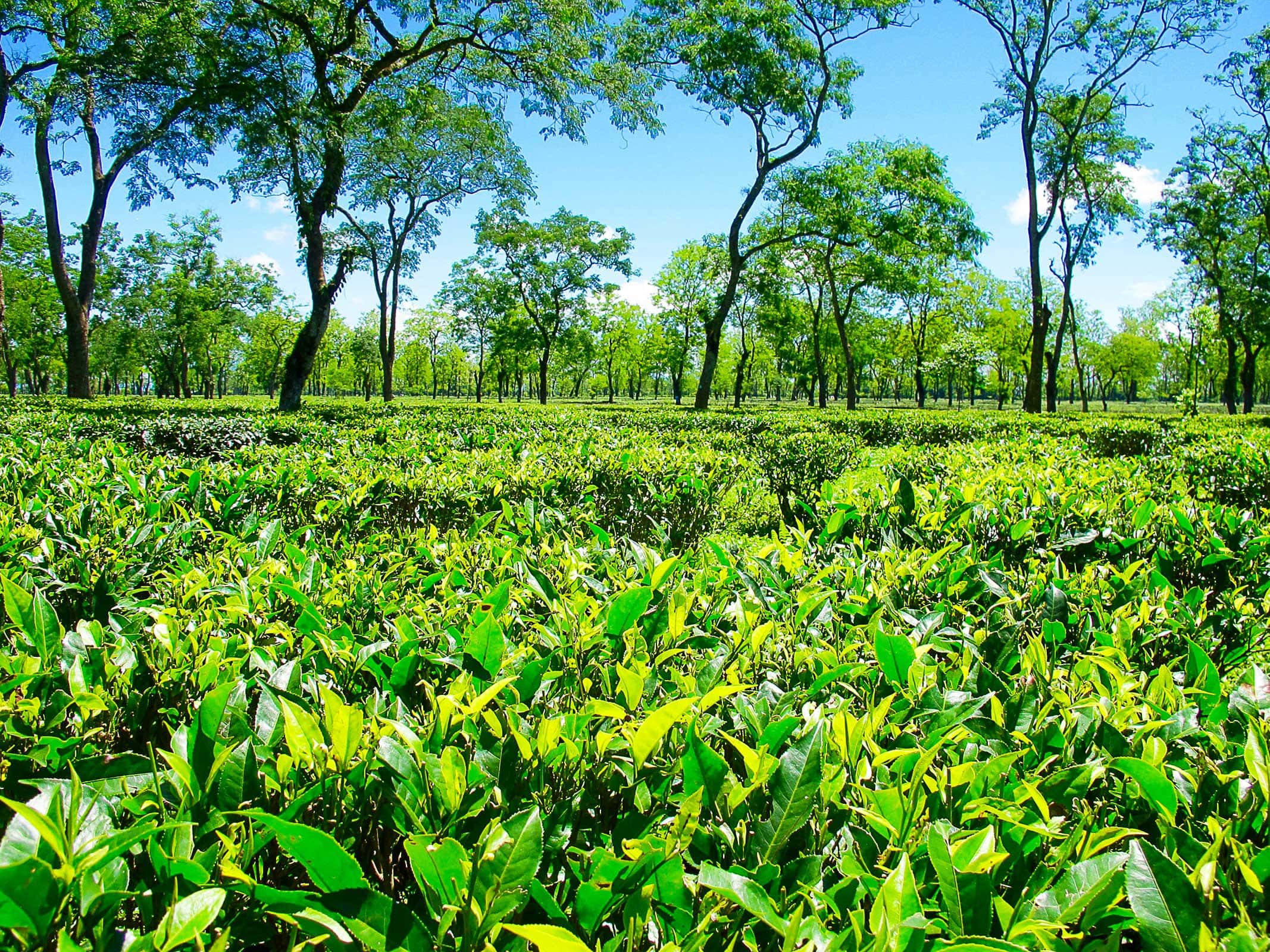
Join us this World Water Day to ensure that women, families and communities have access to clean drinking water. By supporting grassroots leaders, we support sustainable and long-term solutions to one of the world’s most most pressing concerns. You can learn more about this work here. Thank you for standing alongside us!

